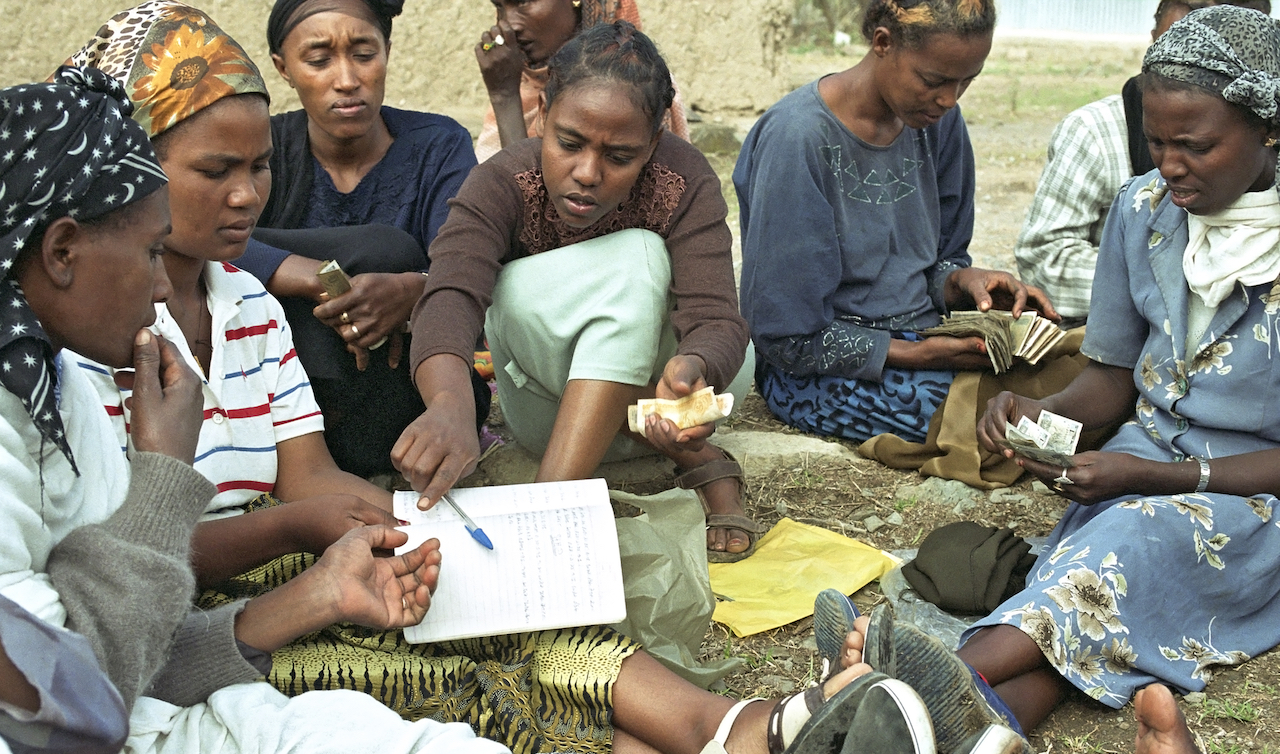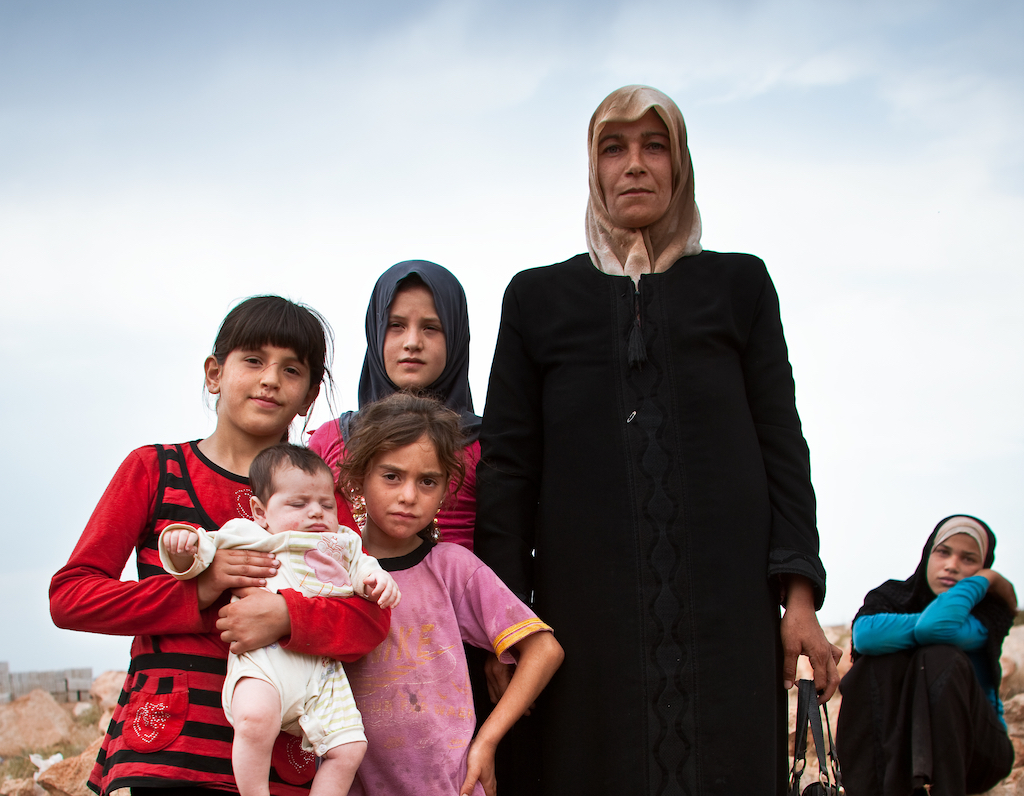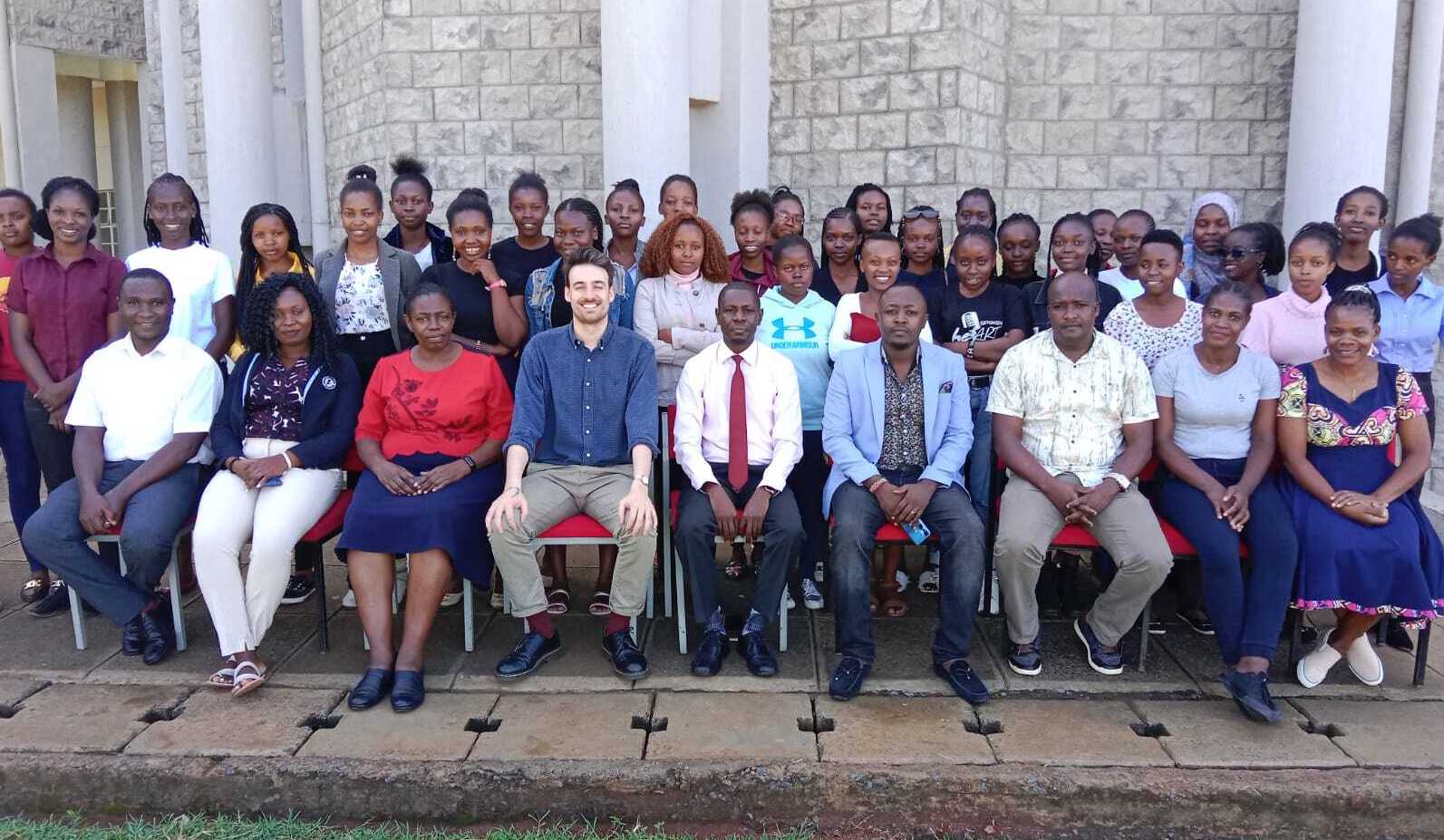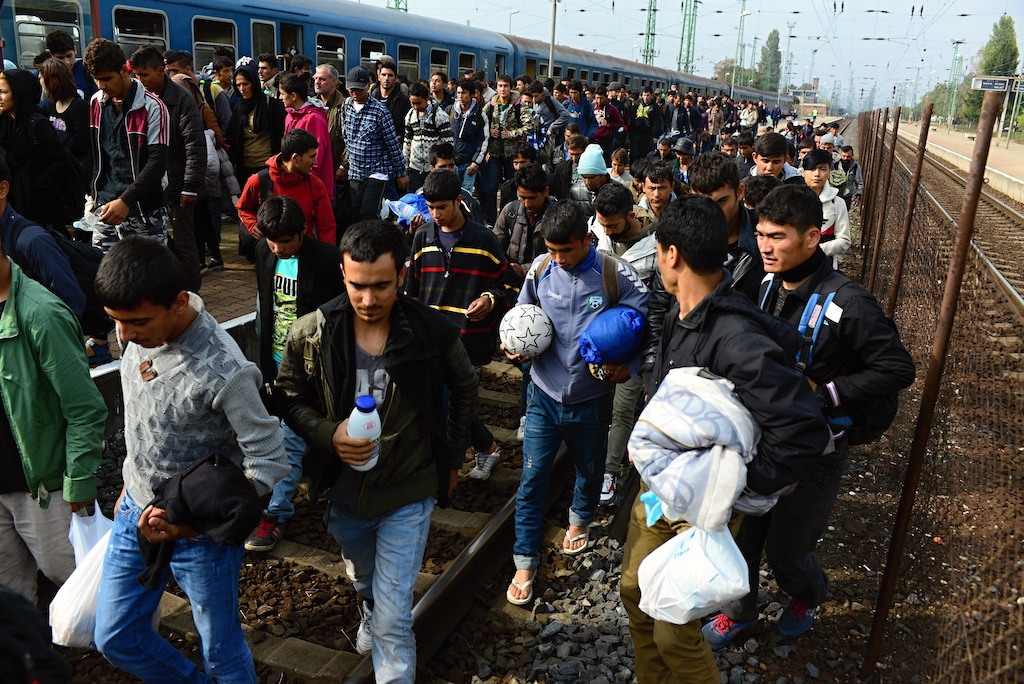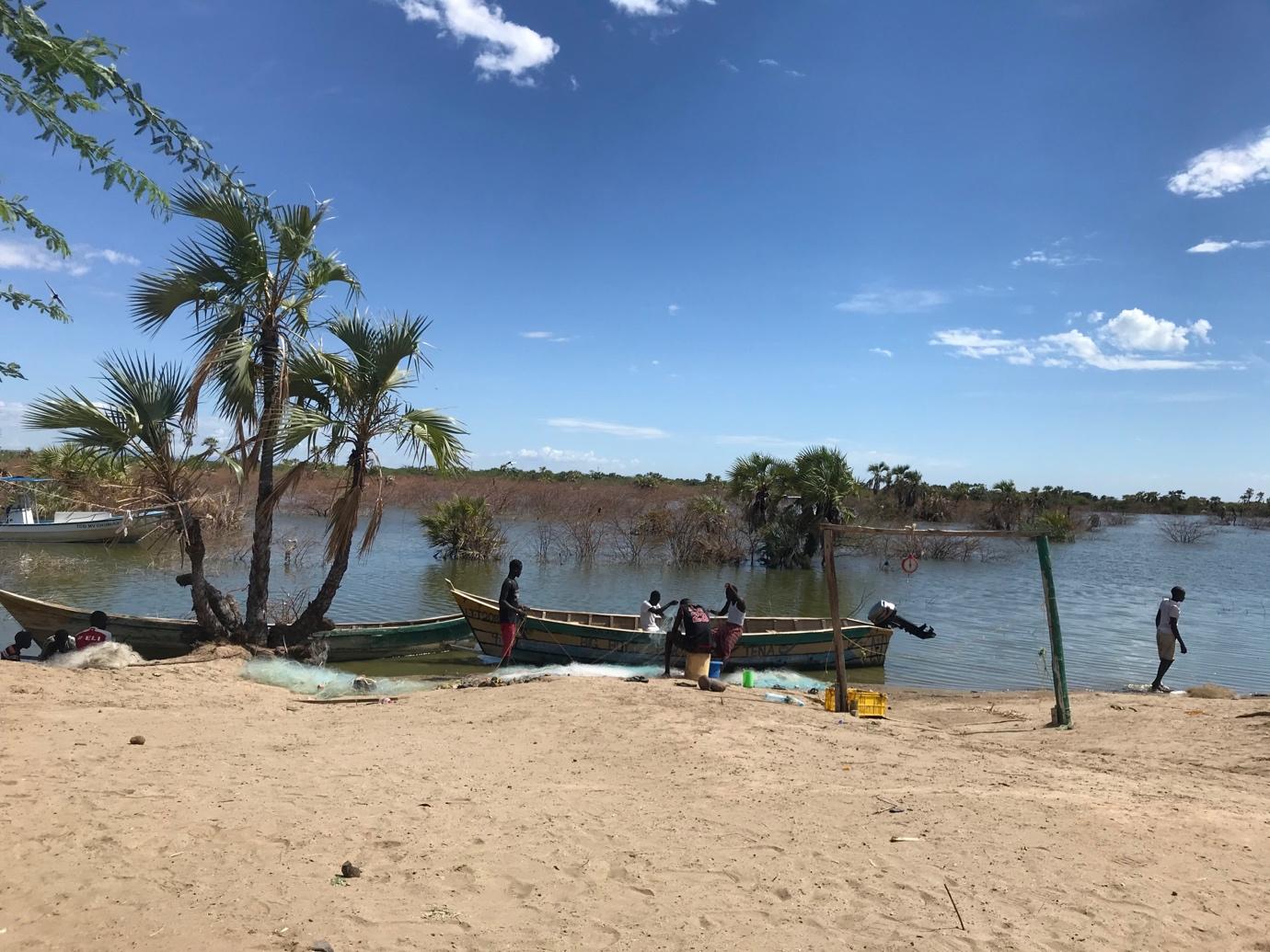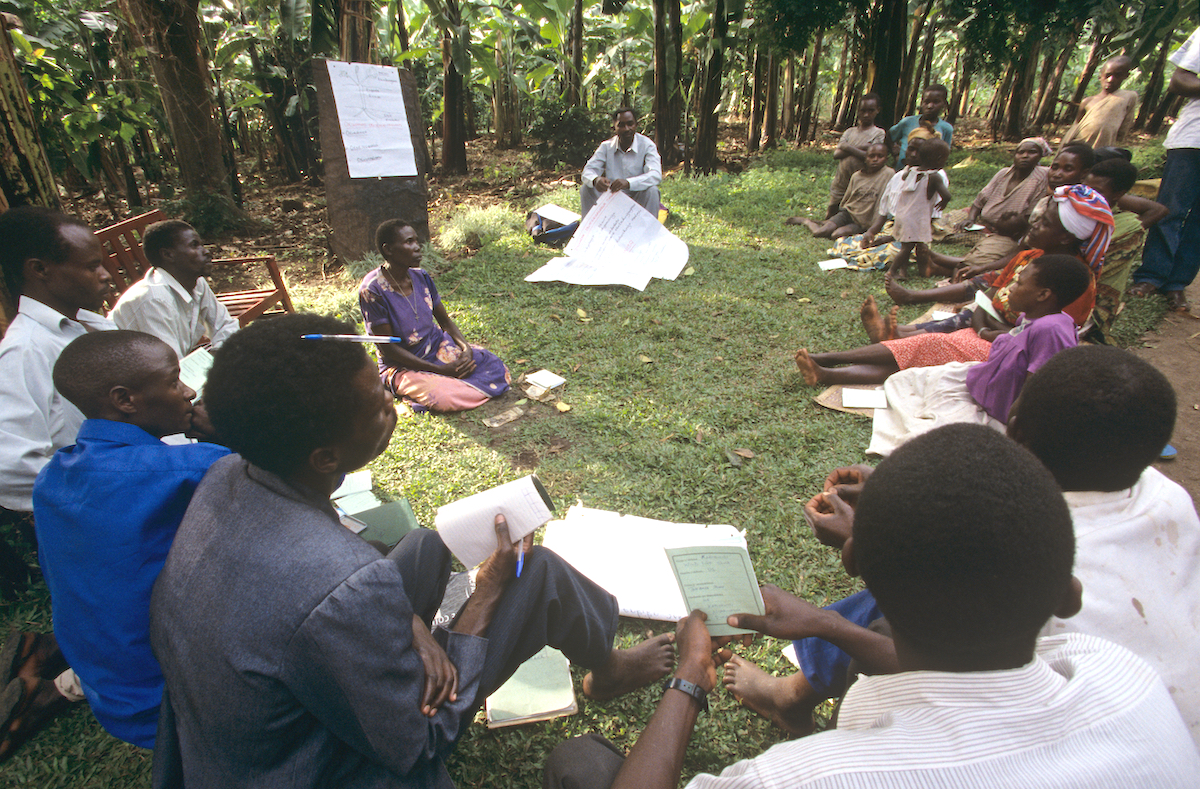Data collection and development research: Introducing Bodhi’s enumerator training programme
JJ Tomlinson
4 minute read.
It is often said that a chain is only as strong as its weakest link. Teams can compromise, support and compensate for each other, however it is true that in the delivery of research, the quality of the outcome is almost always dependent on the quality of each stage of the research pipeline, from inception through to data collection and the delivery of insight.
As with every good research provider, we at Bodhi are always trying to strengthen our ability as researchers. We focus a lot on our internal team; from learning foreign languages, to software training and monthly discussions on new and innovative methodologies in the sector, we take our approach to conducting research seriously and with rigour. But what about those we work with in the field to collect data, with whom we might work only once or twice a year when a relevant project arises?
Data collection challenges
Quality data collection in the humanitarian, development and security sector is a consistent and present challenge. Take South Sudan, a country with myriad development, environmental and security challenges, and host to a busy research and NGO community. South Sudan is a young and developing country, with a nascent education and professional sector. Literacy rates among adults are low; the World Bank registered a literacy rate of 40% among males in the country in 2018, and only 29% among women (World Bank, 2023). This represents a long-term challenge not only for the South Sudanese economy and society at large, but it also presents barriers to employment within the research sector.
These barriers represent serious limitations to robust research, particularly in researchers’ ability to provide authentic, accurate and well-informed in-country research for our clients. Robust qualitative and quantitative data, informed and detailed community consultations, and coherent feedback on fieldwork are all essential elements within the social scientific method, and it is our duty to ourselves, our clients and the issues we seek to address to work closely with in-country practitioners to ensure high quality of data and insight.
Part of the solution: Bodhi’s enumerator training programme
Local enumerators play a critical role in research. They have local caché, speak local languages, and are able to supervise and lead data collection for significant undertakings like household surveys and community focus groups. But the ability of local enumerators is often undermined due to insufficient support from international research and evaluative organisations, which can lead to data quality challenges mentioned previously. As such, Bodhi is committed to capacity sharing with enumerators through our new enumerator training programme.
We have designed a data collection training course, initially to be rolled out in the Horn of Africa and specifically targeting prospective female enumerators, data collectors and early career researchers to equip them with the tools they need to deliver high quality research in the field. The course is free to participants as the benefit of highly trained data collectors is shared by young professionals and by us as research providers. Drawing on our significant experience of stand-alone project data training, we have designed a curriculum focussing on the key pillars of research data collection: qualitative and quantitative methods, and research ethics and protocols. With a combination of group work and individual learning, illustrated with real-world scenarios, and contextualised by current and pressing developmental themes including migration, conflict and environmental studies, the three-day enumerator training course will both capacity build the technical skills required for quality data collection, and explore the landscapes data collectors operate in.
Crucially, the benefits extend far beyond the relationship between data collector and Bodhi. Researchers will be able to employ their skills across the organisational landscape of their country, working for numerous clients and thereby supporting the delivery of effective and insightful research nationally. Women will be trained in dedicated classes to empower an often marginalised demographic, and young researchers will be supported to develop their research ability to eventually take ownership of research as nationals and experts by experience.
Bodhi is strongly committed to decolonising research and bridging the gender gap in the countries in which we operate. What better way to contribute to this work than by sharing capacity with research teams around the world?
What’s next?
As we embark on this journey, we invite you to follow us on our blog to witness our progress. You will see us in diverse countries across sub-Saharan Africa, starting with a multi-location training tour across Kenya. If you have suggestions, ideas, or are you inspired to support this initiative, get in touch with Bodhi Global Analysis - we love to hear from you.

